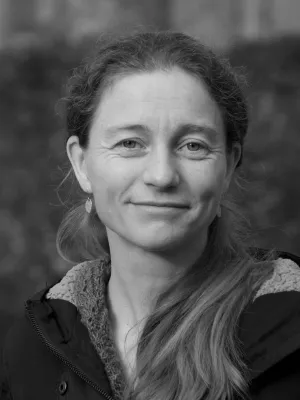
Katinka Johansen
Postdoc

Using residential buildings to manage flexibility in the district heating network : Perspectives and future visions from sector professionals
Författare
Summary, in English
Intermittent energy resources challenge the ways in which the existing energy system operates. Studies suggest that residential buildings can provide a flexibility service for district heating (DH) systems. This technique involves load shifting by heating buildings to higher temperatures at times when energy is more readily available, thus diminishing heating needs at times of peak demand or when energy is scarce. Based on three Future Workshops (FWs) where
DH professionals and other relevant DH stakeholders participated and discussed this topic, this paper reports on the extent to which these actors see energy flexibility as a realistic future development, and on what they see as key potentials and challenges in that regard. Preliminary results indicate that the mix of the actors and the specific local context greatly influence how this topic is understood, emphasizing the importance of including local context in investigations of energy flexibility. FW participants included representatives from DH companies, municipalities, building associations, technology developers, etc. The FWs were conducted at three different localities of Denmark: Copenhagen, Aalborg and Sønderborg, i.e. the national capital, a regional capital and a smaller city, respectively.
DH professionals and other relevant DH stakeholders participated and discussed this topic, this paper reports on the extent to which these actors see energy flexibility as a realistic future development, and on what they see as key potentials and challenges in that regard. Preliminary results indicate that the mix of the actors and the specific local context greatly influence how this topic is understood, emphasizing the importance of including local context in investigations of energy flexibility. FW participants included representatives from DH companies, municipalities, building associations, technology developers, etc. The FWs were conducted at three different localities of Denmark: Copenhagen, Aalborg and Sønderborg, i.e. the national capital, a regional capital and a smaller city, respectively.
Publiceringsår
2019
Språk
Engelska
Sidor
1-9
Publikation/Tidskrift/Serie
IOP Conf. Series: Earth and Environmental Science
Volym
352
Länkar
Dokumenttyp
Artikel i tidskrift
Förlag
IOP Publishing
Ämne
- Social Sciences Interdisciplinary
- Energy Systems
Status
Published

